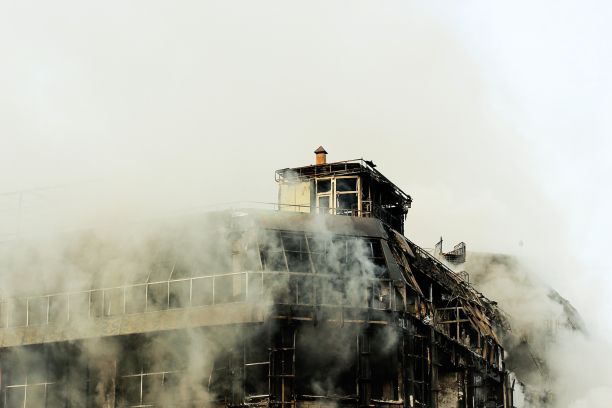
Stacy Kuykendall: The Woman Behind the Controversial Cameron Todd Willingham Case
The Case That Shook Texas
In December 1991, a deadly house fire in Corsicana, Texas claimed the lives of three young girls — Amber, Karmen, and Kameron Willingham. Their father, Cameron Todd Willingham, survived the blaze and was later charged with setting the fire intentionally. His wife, Stacy Kuykendall, was at work at the time.
The tragedy quickly evolved into one of Texas’s most infamous murder cases. Willingham was convicted of capital murder in 1992 and executed by lethal injection in 2004 — maintaining his innocence until his final moments.
Who Is Stacy Kuykendall?
Stacy Kuykendall was the high school sweetheart and later the wife of Cameron Todd Willingham. The couple married in 1991 and had three daughters together. Following the devastating fire, Kuykendall became a central witness — both emotionally and legally — in the investigation that followed.
Over the years, her name became synonymous with the Willingham case, especially as debates over his guilt and the integrity of forensic evidence intensified.
Changing Statements and Controversy
Kuykendall’s involvement in the case drew renewed attention years after Willingham’s execution. Initially, she stated that her husband had never confessed to setting the fire. However, in later interviews and media appearances, she claimed that Willingham had privately admitted to her that he started the blaze that killed their children.
This shift in narrative has been a major source of controversy.
- Early Accounts (1990s–2004): Stacy told investigators and reporters that she did not believe Todd intentionally set the fire.
- Later Accounts (Post-2009): In interviews and TV appearances, she claimed that before his execution, Willingham confessed to the crime.
Critics, including innocence advocates and journalists, argue that these conflicting statements have clouded public understanding of the case. The Innocence Project, which re-examined the case using modern fire science, maintains that the arson evidence used to convict Willingham was scientifically invalid — suggesting he may have been wrongfully executed.
The Innocence Project and Public Debate
In 2009, a major report from the Texas Forensic Science Commission questioned the reliability of the arson investigation that convicted Willingham. Expert reviews indicated that many conclusions about “pour patterns” and “accelerant trails” were based on outdated fire science.
The Innocence Project continues to highlight inconsistencies in the investigation — and in Kuykendall’s later statements — as part of a broader push to reform how arson evidence is analyzed in criminal cases.
They note that Kuykendall’s changing accounts came years after the execution, raising questions about reliability and possible external pressures.
Media Portrayals and Renewed Interest
Stacy Kuykendall has appeared in several documentaries and true-crime series recounting the tragedy. Notably, she shared her story in:
-
“Evil Lives Here” (Investigation Discovery) – She detailed her personal experience with Willingham and the aftermath of the fire.
-
“Incendiary: The Willingham Case” (2011 Documentary) – Explores how flawed science and conflicting testimony shaped the trial.
-
“Talking Evil” (2021) – She acknowledged at one point giving false statements to protect Willingham, adding yet another layer of complexity to her credibility.
These portrayals have kept public attention on the case — positioning Kuykendall as both a grieving mother and a deeply polarizing figure.
Where the Case Stands Today
Decades later, the Willingham case remains a flashpoint in debates over capital punishment and wrongful convictions in the United States. While Texas officials maintain the conviction was justified, independent investigations and forensic experts continue to argue that Cameron Todd Willingham was executed based on faulty evidence.
As for Stacy Kuykendall, she has largely withdrawn from public life, occasionally resurfacing when the case re-enters the media spotlight. Her shifting accounts — and the emotional weight of losing her children — make her one of the most complex figures in a story that continues to challenge America’s justice system.
Final Thoughts
The story of Stacy Kuykendall and Cameron Todd Willingham is not just about a tragic fire — it’s about science, justice, and the human cost of uncertainty. Whether viewed through the lens of guilt, innocence, or grief, it remains one of the most haunting criminal cases in modern Texas history.



